
How often should I shampoo my hair? It is not so easy to understand. At the same time, there are opposite points of view on this score.
Someone thinks that you should try to clean your hair less often. Allegedly, frequent cleaning can disrupt the sebaceous glands’ work, and the hair will get dirty faster. Someone is sure that it is imperative to clean your head every day. Where is the truthfulness?
The human head has sebaceous glands that secrete sebum. The fat is evenly distributed over the dermis and hair, protecting them from drying out and brittleness.
With the excessive activity of the glands, fat is excreted in excess. Sebum begins to accumulate, becoming a medium for the development of pathogens. The skin appears oily, and the hair is clumpy and dirty. The right care, selected by a dermatologist or trichologist, will save you from this problem. You can use false hair in your hairstyle if you want to wash your hair less often. Moreover, these options mask oily hair and add volume.
Table of Contents
Why does hair get dirty?
The scalp of any person has sebaceous glands. They secrete sweat and sebum. They get stuck in the hair and make it messy. The degree of hair staining is a genetic issue.
Environmental factors also affect the condition of the curls:
- Stress is one of the reasons. Constant stress makes it difficult for the sebaceous glands to function, which can cause hair to become brittle and dry or excessively oily.
- Residents of megalopolises get dirty hair faster than those who live in the countryside.
- Active people who regularly play sports or physical work should wash their hair more often.
- In summer, the hairstyle is exposed to wind with dirt and dust, ultraviolet, and rain. Hot weather increases fat production.
- In winter, wearing hats interferes with scalp breathing. It leads to sweating and increased sebum production. Moreover, if you do not wash your hair in time, then seborrhea may develop.
- When you change your diet towards eating more fatty and salty, heavy foods, it affects the skin’s condition. And the head as well! Her sebaceous glands can strengthen their work, and if so, the hair will become more oily.
- The frequency of cleaning can also rely on whether you are keeping your hair tucked up or loose. And even on what styling you do and how often, how much you do hairstyles.

How often should I shampoo my hair?
The optimal frequency of cleaning your hair may vary from person to person. It depends on where you live, gender, age, and it may even depend on the hair products that you use. However, first of all, how quickly the strands become dirty is determined by your sebaceous gland work’s characteristics.
The production of sebum is a normal process that protects the hair from drying out. However, you shouldn't leave the strands greasy and dirty. Otherwise, a favorable environment for various bacterial and fungal infections appears on the head.
Sebum is recognized to save hair. The shampoo washes it off, making the curls dry. Cleaning your head every day can make your hair thin and breakable. Shampoos contain harsh detergents that can irritate the head. It happens that you cannot do without daily cleaning. It is rather to use natural shampoos in such cases, do not forget to use balms and other means to strengthen the curls. It will prevent the hair from starting too fragile.
Therefore, the question “how often should I shampoo my hair” is not as stupid as it might seem at first glance.
Men tend to produce more sebum than women, so they tend to wash their hair more often. Moreover, men's short haircuts are usually easier to wash and dry. Young people and adolescents also tend to produce more sebum than children and the elderly.

How many times a week should I wash my hair?
Several factors affect the frequency of shampooing:
- Dry hair is not prone to frequent stains and oily sheen. Since they are weakened by nature, they do not need regular washing. How many times a week to wash such curls? It will be enough once.
- Normal hair does not cause problems for its owners. A hairstyle with such curls looks neat and lush; there is no excess shine on them. You need to resort to washing them once every three days.
- People with oily hair often experience itching, discomfort, and dandruff. A lot of grease is formed, so you have to resort to washing almost every day.
- Short hair needs to be washed more often than long hair. The hairstyle should look fresh and neat.
- Hair of medium length experts advises washing as it gets dirty.
- Long curls do not need frequent washing; it will be enough to put them in order once every 4-5 days or a week.
Should I try to wash your hair less often?
You may have heard that if you wash your hair less often, it will get used to the new cycle and get less messy. But this is just a myth. Do not try to adjust the frequency of washing your hair this way.
Hair specialist and trichologist at Hairmedic Ian Sallis confirm this: “If you don't wash your hair for a long time, it will not go into the self-cleaning mode. It is the same as cleansing the face or body. Skin and hair will not get soiled less from frequent washing. ”

How do I know what type of hair I have?
If the hair is dull, brittle, but hardly dirty, it is dry. If the hair shaft is healthy, shiny but becomes greasy within 1-2 days, the hair is oily.
Hair of any type can cause problems for its owners. Dandruff may appear on the scalp. If the hair is dry, the dandruff is fine and white, like flour. When the hair is oily, dandruff looks like large yellowish flakes. If your not familiar with your hair type then we would recommend using our shampoo for all hair types.
You need to normalize the work of the sebaceous glands to eliminate dandruff, and for this, correctly establish the type of hair.
Factors affecting dry and oily hair
How many times a week should I wash my hair? You must define your hair type to answer this question. Oily or dry hair depends on the intensity of the sebaceous glands. External and internal factors influence them. Internal includes:
- Genetic predisposition.
- Chronic diseases (such as diabetes or hormonal disorders).
- Diseases of the skin.
External factors affecting the condition of the scalp and hair are:
- Your diet.
- Stress.
- Used cosmetics.
- Hot styling frequency.
- Taking medications.
For more information on ways to take care of your hair, visit JuvaBun!
Read More:

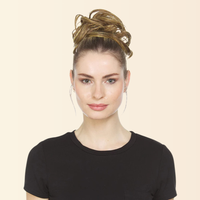
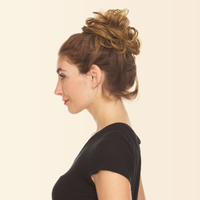
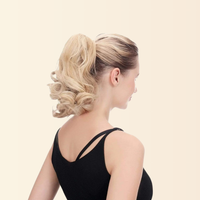
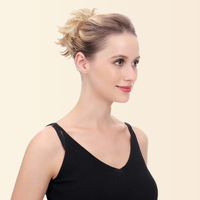

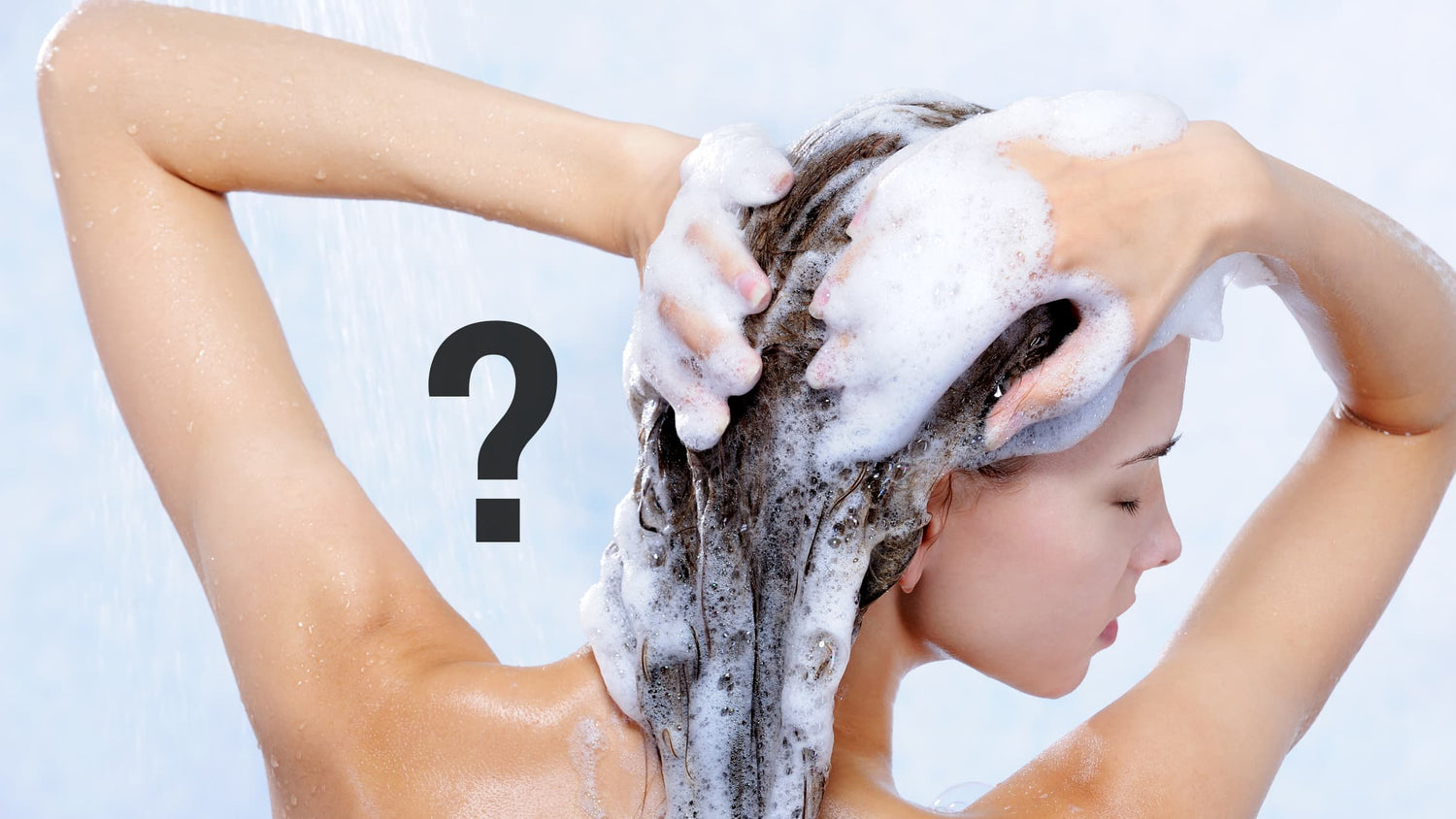
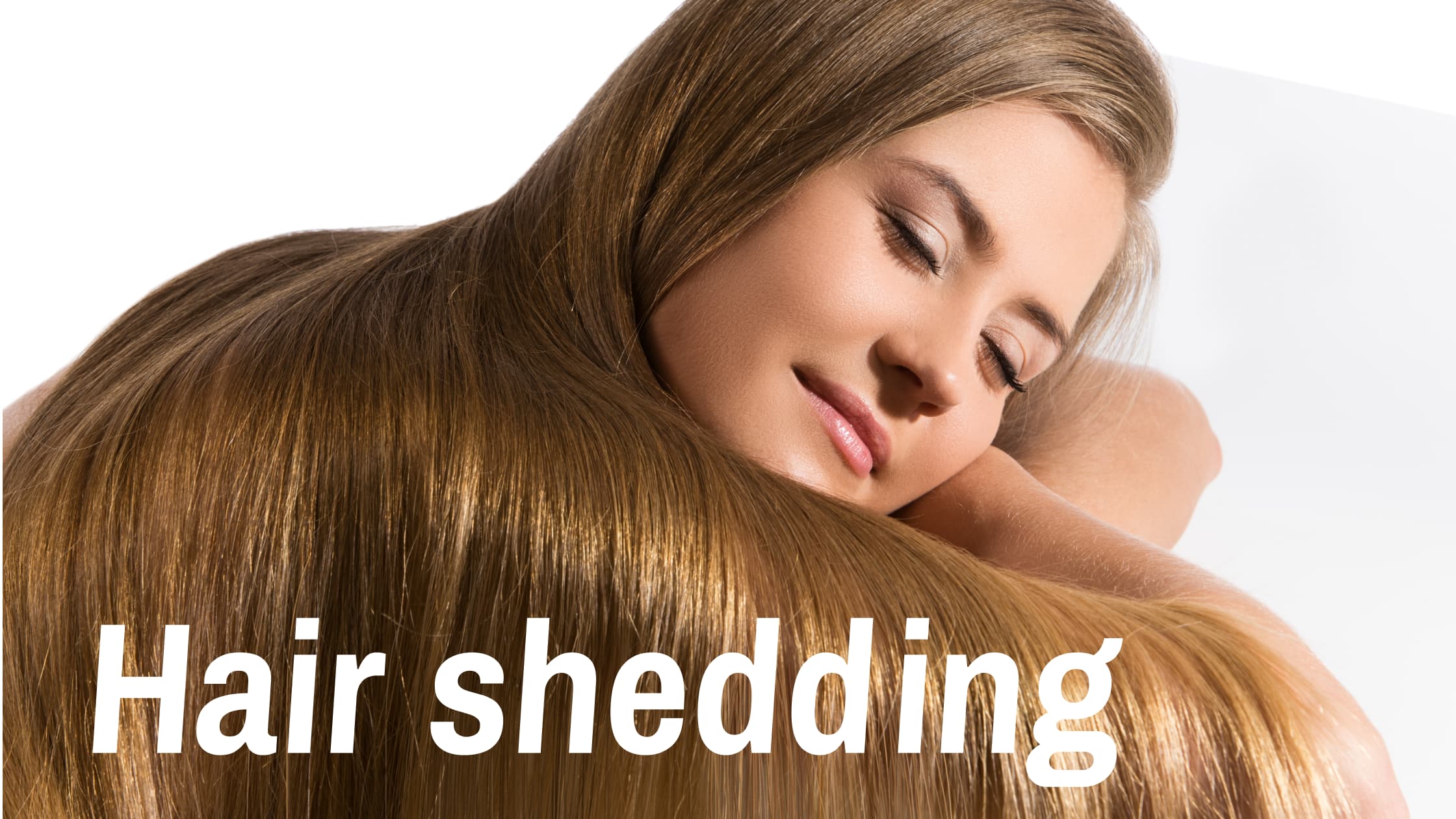
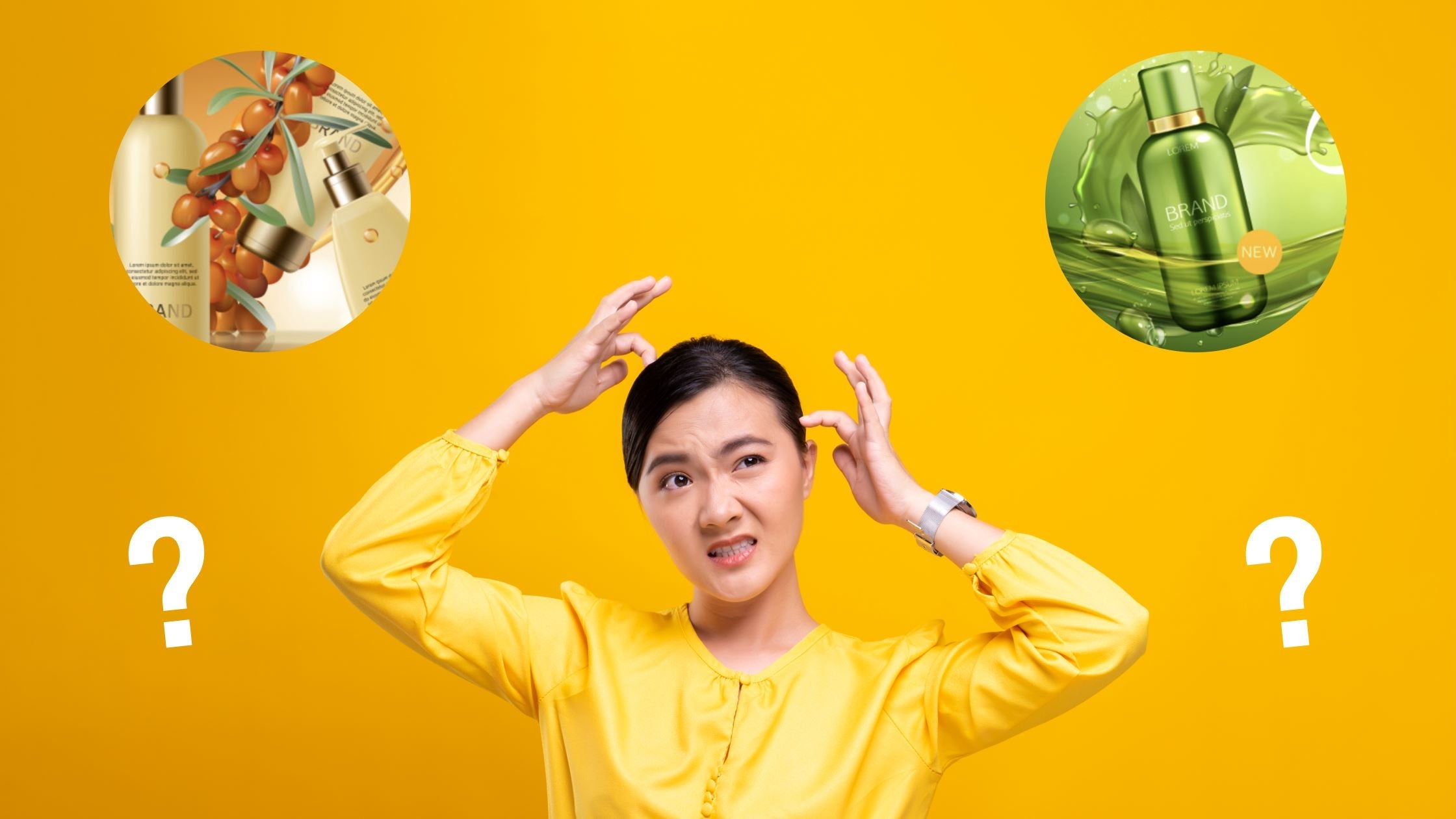
Leave a comment
This site is protected by hCaptcha and the hCaptcha Privacy Policy and Terms of Service apply.